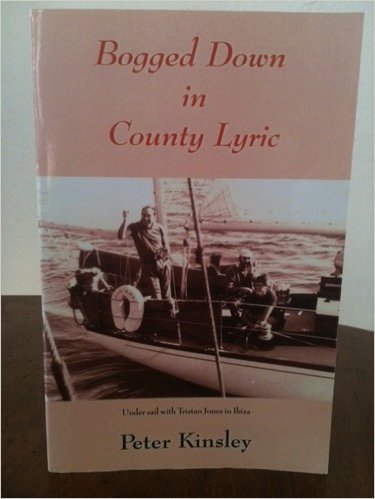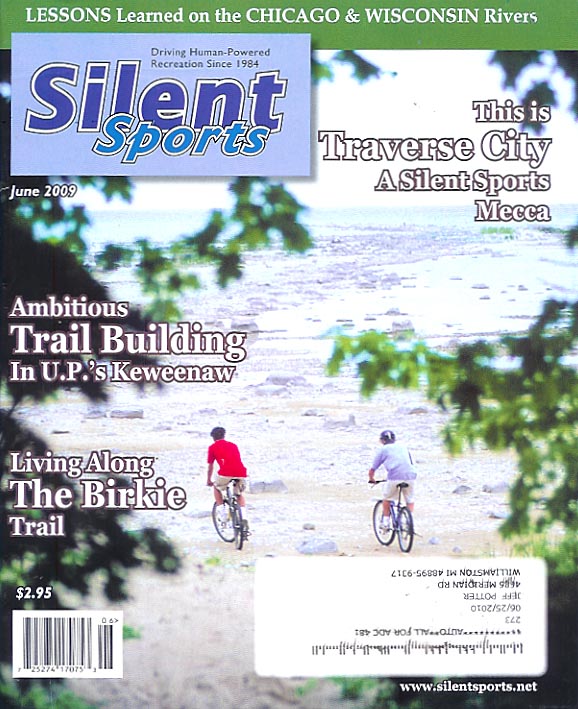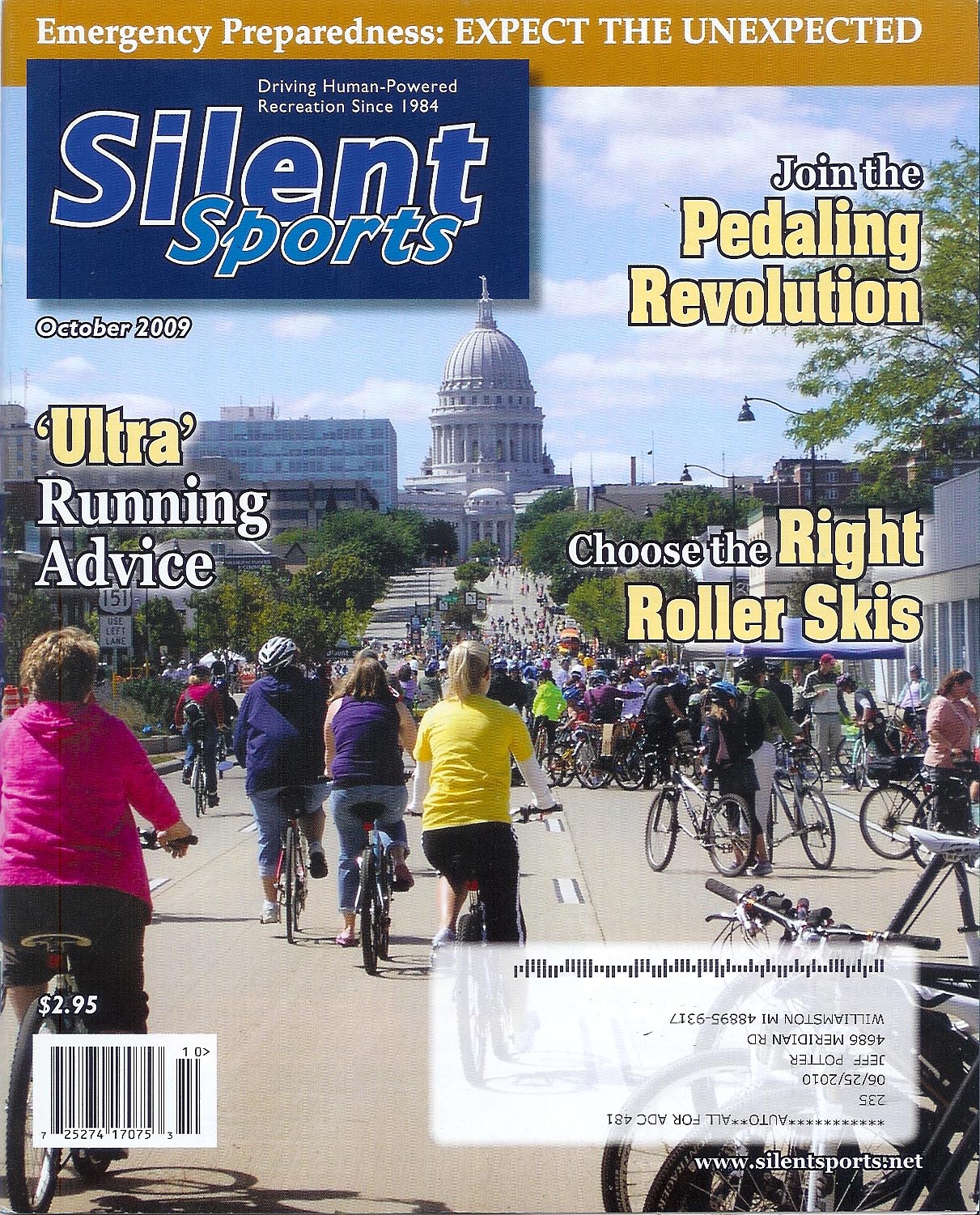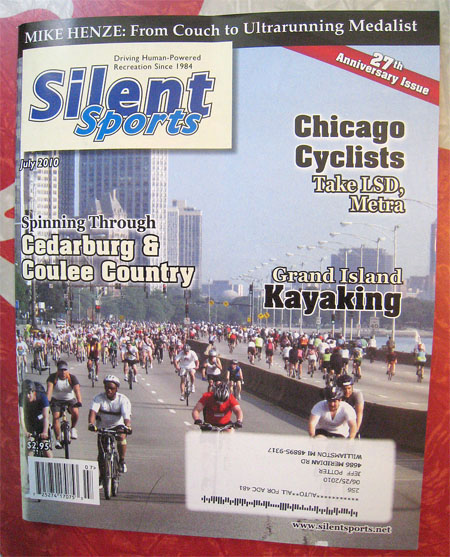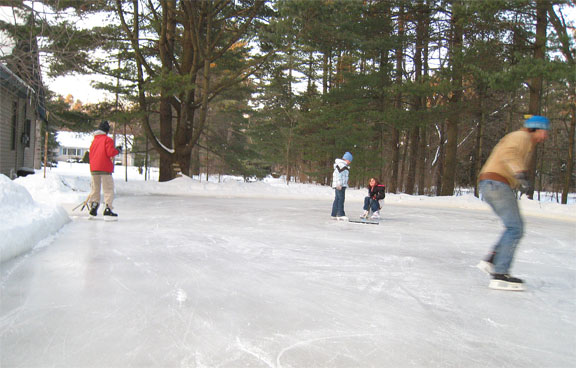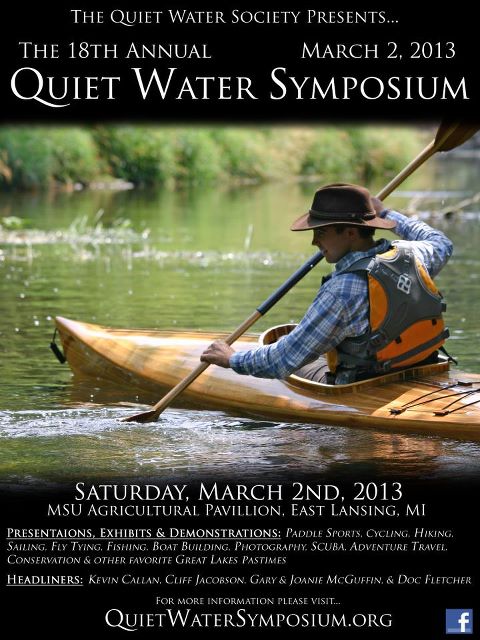I have a thing for memoirs. But it’s not because I think I missed out on all the fun myself. I’m not sure what it is.
I like memoirs of wild times but also stories of careful efforts and campaigns.
But I suppose vision or passion has to be part of it. And I suppose vision doesn’t always go with passion. Follow-through also seems important: who cares about visionary talk? It’s wonderful to read, though, about those who DO, try and don’t quit, even if they flop.
“Bogged Down in County Lyric” is a good one, about wild days on the island of Ibiza in the 60’s and 70’s. Writers and bohemians and the sailor Tristan Jones all made this Mediterranean getaway their home for awhile.
I’m reading Clifford Graves memoir “A Life on Two Wheels” right now. He’s the guy who started the bike touring movement in the early 70’s in the USA. He was an older doctor at the time but he had spark. His memoir is written a bit like “Bogged” but is much more sober, though there’s a fair bit of fun we can see between the lines. It’s nicer to have it out in the open, though.
Henry Miller’s tales of Paris low-life in “Tropic of Cancer” basically take the cake. Loosely a memoir.
But, darn, so many are good. Douglas Fairbairn’s “Down and Out in Cambridge” story of couch camping for years in Harvard-town by a fancy lad who had no money.
“Something About a Soldier” and “I Was Looking for a Street” by Charles Willeford — the early years of this hard-boiled writer.
“Travels with Lizbeth” is a pretty desperate story of a portly gay man traveling homeless with a dog, way over his head — but they are all a fair bit desperate, in a way.
It’s scary to go too far down the rabbit-hole of desperate stories because there’s the classic French phrase that means something like the “attraction to the gutter.” Now THAT’s scary. The dark side has an allure and a reality. It’s not pretend. It’s really out there and needs to be actively worked against — maybe for some of us more so than others.
Orwell’s “Down and Out in Paris and London” is a world classic of the genre of bumming around. It also has 2 of the best behind the scenes restaurant profiles ever.
Yet “The Inklings” about the creative friendships of Tolkien, Lewis and their pals is a tale of sober camaraderie and is just as captivating as the desperate stories.
“Geniuses Together” is a bit wilder than the Inklings, yet also indicates a very productive scene, though one which had a lot of expensive relationship destruction: it’s about the friends of the modernist Paris literary scene: Hemingway, Fitz, Joyce. Whew, talk about heavy hitters!
I suppose memoirs just let us get nosey about the lives of others who were a part of scenes that each had some kind of special merit, even if it was desperate. Life has plenty of everything to serve us all full up. Maybe it’s stories about community of some kind that stand out most. And gumption of some flavor.
I’m happy myself to have been part of a variety of neighborhoods, scenes, towns, gangs, communities. Yeah, it’s maybe just an indiscriminate mishmash of plain old life. Maybe I’m just in love with characters, details and color.
I’ve been driving past what I call “messy farms” lately. They make me wonder. Farms with junk strewn everywhere, and doublewides with wedge-shaped avalanches of trash sloping off of their porches. They’re awesome in their own ways. I suppose their stories are pretty simple, though: booze and/or meth. But those are just symptoms. Trailer life and pole barns are how millions of Americans live yet their reality isn’t reflected much in our art beyond quick sketches of depravity.
But, like the writer of “Lizbeth” said: that was just his story of being homeless. The other homeless out there that he saw followed a different and totally predictable other pattern. He didn’t associate much with his “peers” but observed them and tried not to rock their boat. He noted that basically all of the other homeless followed an ironclad stereotype: idle clusterings of substance abusers who would cling together til a socio-psycho-explosion blew them apart then those who were still around would reform into a new cluster. So probably 90% of my messy farms and trailers wouldn’t be interesting for long.
Then there’s the outwardly messy appearance of some very productive shops and desks. Things can look ramshackle but are in fact kicking out the jams. I’ve noticed a lot of that, too.
Well, it’s all grist for the mill. Somehow seeing how others have dealt with things helps inspire me to my own efforts. Maybe it’s because I work by myself that I appreciate the connections to the past that I can make through these memoirs. But maybe if one is trying to do things that are a bit wilder than most we give ourselves better odds by building roots that are a little broader and deeper. History can be a base for the future.
